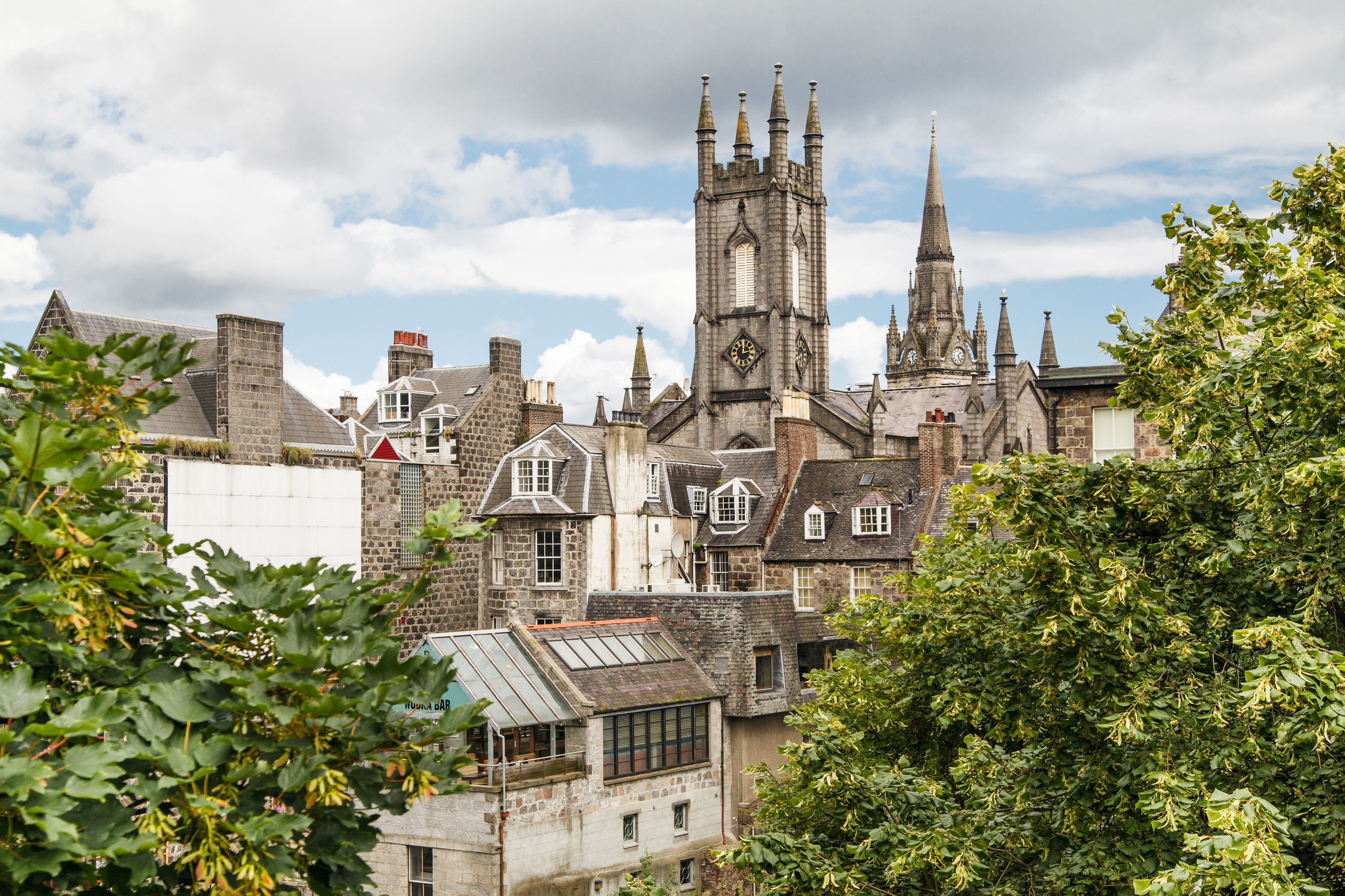
A new report has named Aberdeen as the UK city predicted to be the worst-hit by a so-called hard Brexit.
London and Edinburgh also ranked in the top 10 list compiled by researchers at the think tank Centre for Cities and the Centre for Economic Performance (CEP) at the London School of Economics.
They analysed the potential impact of both a “hard” and “soft” Brexit on British cities in the 10 years following the implementation of new trade arrangements with the EU.
Economic output in cities is predicted to be 1.2% lower on average under a soft Brexit scenario in which the UK joins a free trade area with the EU, and 2.3% lower under a hard Brexit where such an area is not immediately in place and the default is World Trade Organisation rules, than if the UK remained in the EU, the report states.
Aberdeen tops the list for worst-affected city in both scenarios, with output down 3.7% under a hard Brexit, and down 2.1% under a soft Brexit.
South East cities Worthing, Swindon, Slough and Reading were also in the top five on both lists.
Under a hard Brexit, Edinburgh was ranked the sixth-worst affected, down 2.7%, with London down 2.6%.
The cities specialise in large “knowledge-intensive” sectors such as businesses and financial services, which the research shows will be most affected by the increase in tariff and non-tariff barriers that Brexit could bring.
Researchers also found that the most-affected cities were the best-placed to adapt to the economic shocks ahead than less affluent places outside the South East, despite the latter being less directly affected.
In contrast, the cities least directly affected by either form of Brexit are mostly less prosperous places in the North, Midlands and Wales, according to the report.
These cities are largely characterised by low numbers of high-skilled firms and workers, and smaller knowledge-intensive private sectors, which means they are both less vulnerable to the predicted post-Brexit downturn, but also less well-equipped to respond to the economic shocks ahead.
Andrew Carter, chief executive of Centre for Cities, said: “Contrary to much of the received wisdom on Brexit, it is the most prosperous UK cities which will be hit hardest by the downturn ahead, but poorer places across the North and Midlands will find it tougher to adapt.
“First and foremost, the Government should do all it can to minimise the coming economic shocks by securing the best possible trade deal with the EU. That means ensuring that our post-Brexit trading arrangements are as close to our current relationship with Europe as possible.
“But it’s also critical that the Government uses its forthcoming industrial strategy to give cities across the country the investment, powers and responsibilities they need to make their economies as successful and competitive as possible.”
Scottish Liberal Democrat leader Willie Rennie said: “This report shows that a Brexit, whether soft, hard or even multi-coloured will have a significant negative impact on major cities across Scotland.”
10 cities most affected by a hard Brexit
- Aberdeen -3.7%,
- Worthing -2.8%,
- Reading -2.8%,
- Swindon -2.8%,
- Slough -2.8%,
- Edinburgh -2.7%,
- London -2.6%,
- Aldershot -2.6%,
- Leeds -2.6%
- pswich -2.6%.
10 cities most affected by a soft Brexit:
- Aberdeen -2.1%
- Worthing -1.5%
- Swindon -1.5%
- Slough -1.4%
- Reading -1.4%
- Edinburgh -1.4%
- Gloucester -1.4%
- Northampton -1.3%
- Aldershot -1.3%
- Middlesbrough -1.3%
10 cities least affected by hard Brexit:
- Crawley -1.1%,
- Barnsley -1.7%
- Burnley -1.7%
- Hull -1.8%,
- Wakefield -1.9%
- Mansfield -2%
- Luton -2%
- Telford -2%
- Swansea -2%
- Blackpool -2%
10 cities least affected by a soft Brexit:
- Crawley -0.7%,
- Barnsley -0.9%
- Hull -1%,
- Blackpool -1%
- Oxford -1%,
- Wakefield -1%
- Basildon -1%
- Luton -1%
- Stoke -1%
- Burnley -1%

Enjoy the convenience of having The Sunday Post delivered as a digital ePaper straight to your smartphone, tablet or computer.
Subscribe for only £5.49 a month and enjoy all the benefits of the printed paper as a digital replica.
Subscribe